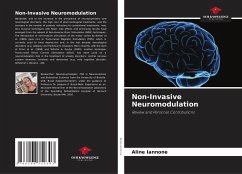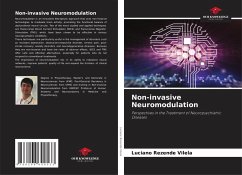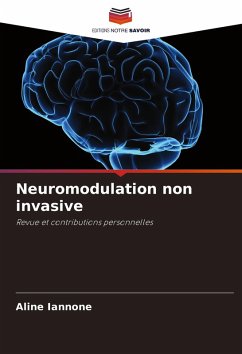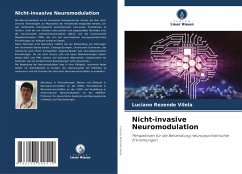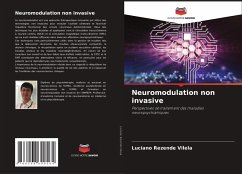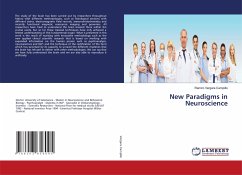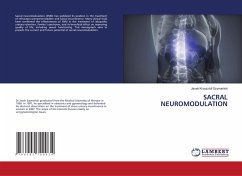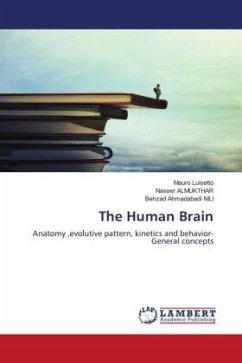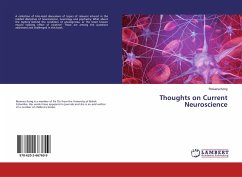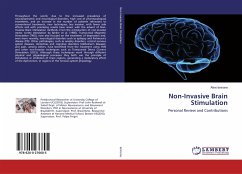
Non-Invasive Brain Stimulation
Personal Review and Contributions
Versandkostenfrei!
Versandfertig in 6-10 Tagen
41,99 €
inkl. MwSt.

PAYBACK Punkte
21 °P sammeln!
Throughout the world, due to the increased prevalence of neuropsychiatric and neurological disorders, high cost of pharmacological treatments, and an increase in the number of patients refractory to conventional treatments, new techniques, less invasive, with fewer side effects and with promising results have arisen with the advent of Non-Invasive Brain Stimulation methods. From the introduction of non-invasive motor cortex stimulation by Barker et al. (1985), Transcranial Magnetic Stimulation (TMS), now also focused on the treatment of depression and, even more recently, neurological disorder...
Throughout the world, due to the increased prevalence of neuropsychiatric and neurological disorders, high cost of pharmacological treatments, and an increase in the number of patients refractory to conventional treatments, new techniques, less invasive, with fewer side effects and with promising results have arisen with the advent of Non-Invasive Brain Stimulation methods. From the introduction of non-invasive motor cortex stimulation by Barker et al. (1985), Transcranial Magnetic Stimulation (TMS), now also focused on the treatment of depression and, even more recently, neurological disorders such as epilepsy and Parkinson's disease (PD). Other pathologies, such as anxiety disorders, central nervous system diseases, dementias and cognitive disorders (Alzheimer's Disease), and pain, among others, have benefited from the treatment using TMS and other non-Invasive techniques such as Transcranial Direct Current Stimulation (tDCS). Although these techniques work through different physical and physiological processes they both use the principle of stimulation or inhibition of brain regions, generating a modulatory effect of the dysfunction, in regions of the nervous system physiology.





